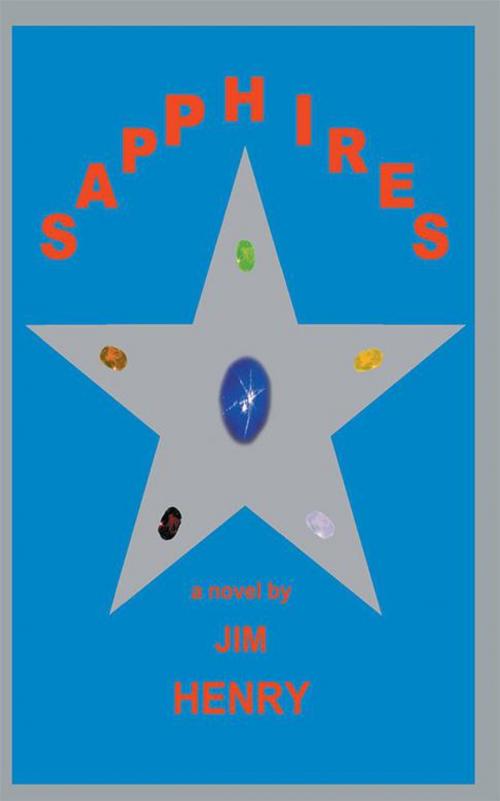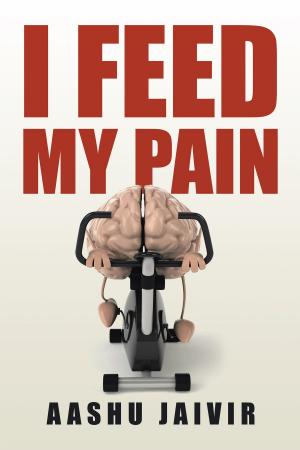Sapphires
Nonfiction, History, Military, Social & Cultural Studies, Political Science, Fiction & Literature, Action Suspense| Author: | Jim Henry | ISBN: | 9781524694289 |
| Publisher: | AuthorHouse | Publication: | July 10, 2000 |
| Imprint: | AuthorHouse | Language: | English |
| Author: | Jim Henry |
| ISBN: | 9781524694289 |
| Publisher: | AuthorHouse |
| Publication: | July 10, 2000 |
| Imprint: | AuthorHouse |
| Language: | English |
Sapphires is written to entertain. Its conflict of ideals and outcome may surprise some, startle a few, and morally disturb many. Hopefully the reader will cry a little, think a little, and laugh a little.
During the Vietnam conflict, Hanoi ingeniously created a drug-cash-weapons triangle, patiently exploiting greed and personal weaknesses in its victorious efforts. Using narcotics from Burma as an offensive and defensive weapon, Hanoi directed the sale of drugs to military personnel and used the profits to purchase arms and munitions, often from U.S. supply depots. In addition, Hanoi used strategic timing and flooded U.S. troops with cheap narcotics, hindering military effectiveness. Thailand was a major highway for drugs into Vietnam.
Prevented, by diplomatic treaty, from taking direct military action, the Joint Chiefs of Staff created a multi-service covert unit, code name Sapphire, to interrupt the drug-cash-weapons triangle and identify as many corrupt U.S. military personnel as possible. U.S. Army colonel and Sapphire group leader, code name Blue, was John Leopold. John, a former SEAL, is a darling of the Joint Chiefs and on track to become a general officer. His carefully handpicked team consists of a navy lieutenant, code name Orange; a marine captain, code name Green; an air force nurse, code name Black; a Thai national, code name Clear; and a Burmese national, code name Yellow.
The Sapphires' main opponent is a Burmese family who raise and package for market a highly profitable farm product - heroin. The Zawatees, headed by the family matriarch, Su Song, use profits from heroin to supply educational, health care, electric, and other services for the citizens of their southern Burma district, a district with a higher standard of living than in all of Burma. The Zawatees, and the citizens of their district, fight for the right to export their highly profitable farm product in order to afford and enjoy a high quality of life and first-world privileges.
The Sapphires'; through diplomacy, battle, personal sacrifice, and tragedy, manage a degree of success. While planning and carrying out the final Sapphire-Zawatee confrontation, Colonel Leopold, who has come to admire his adversary, resolves some very strong personal and cultural ideals.
Sapphires is written to entertain. Its conflict of ideals and outcome may surprise some, startle a few, and morally disturb many. Hopefully the reader will cry a little, think a little, and laugh a little.
During the Vietnam conflict, Hanoi ingeniously created a drug-cash-weapons triangle, patiently exploiting greed and personal weaknesses in its victorious efforts. Using narcotics from Burma as an offensive and defensive weapon, Hanoi directed the sale of drugs to military personnel and used the profits to purchase arms and munitions, often from U.S. supply depots. In addition, Hanoi used strategic timing and flooded U.S. troops with cheap narcotics, hindering military effectiveness. Thailand was a major highway for drugs into Vietnam.
Prevented, by diplomatic treaty, from taking direct military action, the Joint Chiefs of Staff created a multi-service covert unit, code name Sapphire, to interrupt the drug-cash-weapons triangle and identify as many corrupt U.S. military personnel as possible. U.S. Army colonel and Sapphire group leader, code name Blue, was John Leopold. John, a former SEAL, is a darling of the Joint Chiefs and on track to become a general officer. His carefully handpicked team consists of a navy lieutenant, code name Orange; a marine captain, code name Green; an air force nurse, code name Black; a Thai national, code name Clear; and a Burmese national, code name Yellow.
The Sapphires' main opponent is a Burmese family who raise and package for market a highly profitable farm product - heroin. The Zawatees, headed by the family matriarch, Su Song, use profits from heroin to supply educational, health care, electric, and other services for the citizens of their southern Burma district, a district with a higher standard of living than in all of Burma. The Zawatees, and the citizens of their district, fight for the right to export their highly profitable farm product in order to afford and enjoy a high quality of life and first-world privileges.
The Sapphires'; through diplomacy, battle, personal sacrifice, and tragedy, manage a degree of success. While planning and carrying out the final Sapphire-Zawatee confrontation, Colonel Leopold, who has come to admire his adversary, resolves some very strong personal and cultural ideals.















